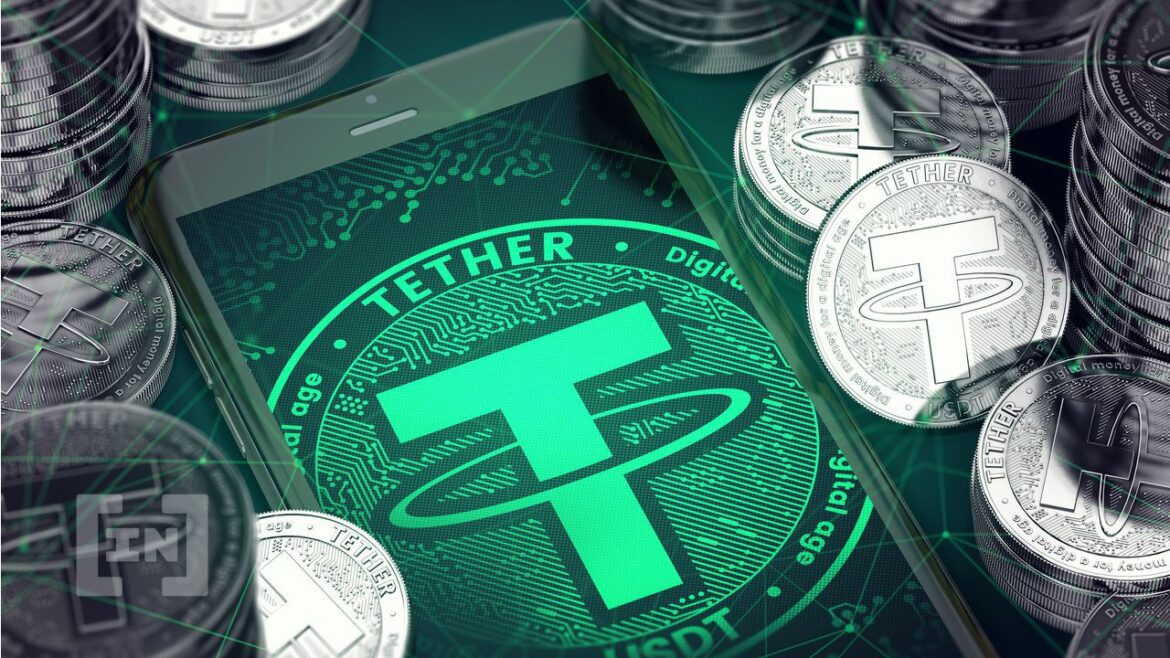While tether has passed the market’s stress test with a return to normalcy, concerns about its reserves will linger, one trader said.
Tether (USDT), a stablecoin meant to be worth a dollar, has found stability for the first time in over two months.
The world’s largest stablecoin by market value regained its dollar peg on July 20 and has remained steady since then, the first such instance since the collapse of Terra’s algorithmic stablecoin TerraUSD or UST (now TerraClassicUSD) in the second week of May.
Terra’s UST, the-then third largest stablecoin in the world, tanked on May 12, spurring panic selling in other dollar-pegged cryptocurrencies. Tether’s peg broke and fell as low as $0.92 on some exchanges following UST’s crash and averaged about $0.99 in June.
Tether’s market capitalization has declined by $16 billion to $65 billion in two months, a sign of large redemptions by holders. This means that the company behind USDT, Tether Ltd, honored billions of dollars worth of redemptions following UST’s meltdown. Tether Ltd has long been criticized for the lack of transparency about the nature of assets backing the stablecoin.
In other words, tether has passed the market’s stress test, withstanding redemptions in volatile conditions and eventually reclaiming the peg. “The past two months have definitely been a stress test for stablecoins following the collapse of UST and sharp contraction in USDT’s market cap,” Clara Medalie, research director at Kaiko, said. “Tether proved it’s ability to process billions in redemptions, despite lingering questions over the makeup of its reserves.”
It remains to be seen if tether’s recent resilience bolsters investor confidence in the stablecoin, and trader and analyst Alex Kruger is still skeptical about the stablecoin’s resilience. Tether is heavily used in the bitcoin (BTC) market and decentralized finance (DeFi).
“Tether has once again passed the stress test under extreme market conditions,” Kruger said. “However, I do not foresee tether FUD to diminish in any significant way until there is stablecoin issuer regulation in place and Tether adheres to it (such regulation does not yet exist).”
Tether Ltd has long claimed that the value of its stablecoin is always 100% backed by assets to ensure the stability of the 1:1 dollar peg. In May, Tether Ltd published an attestation of holdings by independent accountants MHA Cayman, which showed the company held $39.2 billion in Treasuries, had $4.1 billion in bank deposits, $6.7 billion in money market funds and $3.1 billion in secured loans. A potential loss of confidence in tether will most likely result in a severe liquidity shock to the broader crypto market, according to JPMorgan (JPM).
While tether is supposedly fully collateralized, UST, is an algorithmic stablecoin backed by an endogenous token LUNA, whose value is tied to the stablecoin itself. The setup makes UST and algorithmic stablecoins vulnerable to bank runs, like the one seen in May.
While tether is supposedly fully collateralized, UST, is an algorithmic stablecoin backed by an endogenous token LUNA, whose value is tied to the stablecoin itself. The setup makes UST and algorithmic stablecoins vulnerable to bank runs, like the one seen in May.
